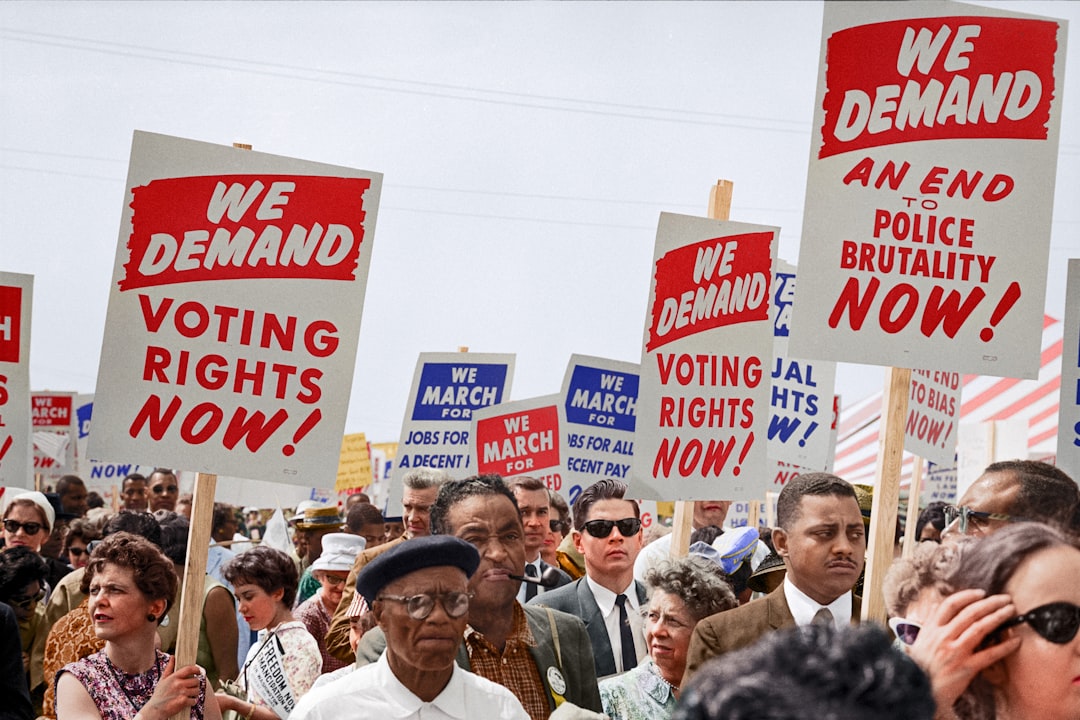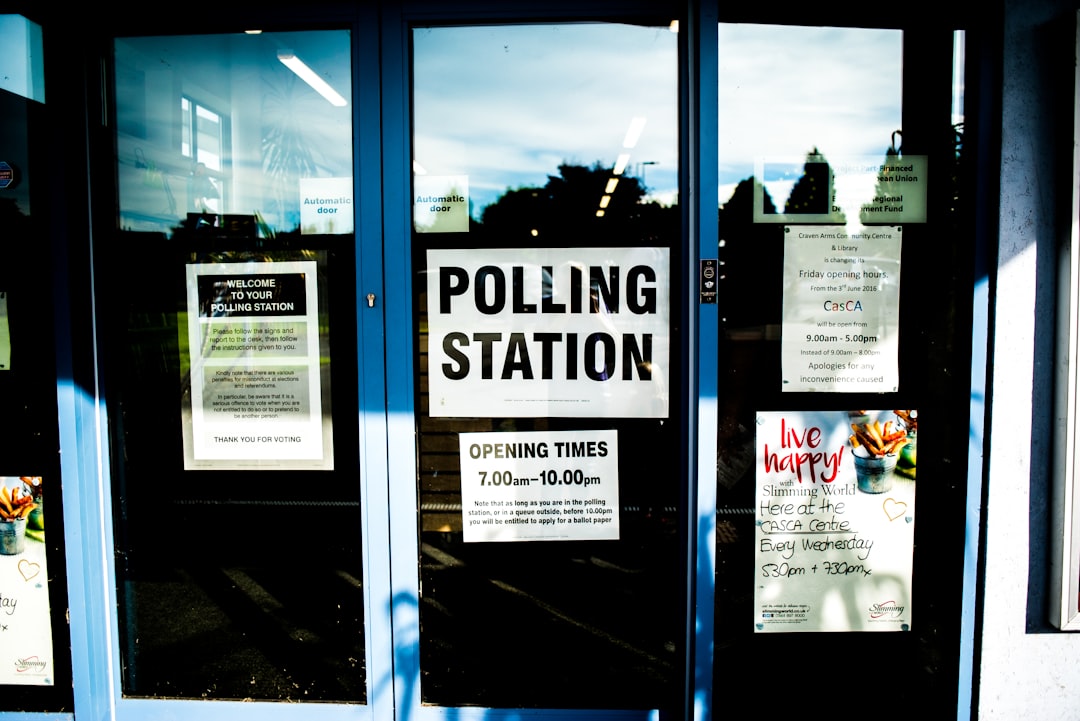A recent analysis done in June 2023 by Brennan Center for Justice at New York University’s law school found that at least 11 states have enacted 13 restrictive voting laws this year (Miller). Additionally, at least 322 restrictive bills were introduced in 45 states. The number of restrictive laws enacted so far in 2023 is greater than the number of restrictive laws from any year in the last decade (with the exception of 2021).

The Brennan Center classifies legislation as restrictive “if it contains one or more provisions that would make it harder for eligible Americans to register, stay on the voter rolls, or cast a ballot as compared to existing state law.” These restrictive voting laws include curbing access to mail voting (in seven states) and adding stricter photo ID requirements for voter registration (in six states). At least four states (Arkansas, Florida, Georgia, and South Dakota) have enacted laws directed at election interference. For example, in Arkansas it is now considered a crime for an election official to send an unsolicited mail ballot. Additionally, a law passed in Florida targets voter registration efforts and could possibly shut down registration drives before the 2024 election. Other states implementing restrictive voting laws include Idaho, Indiana, Kansas, Mississippi, New Mexico, North Dakota, Utah, and Wyoming.

When discussing the rising trend of restrictive bills, Liz Avore, a senior adviser with the Voting Rights Lab, said, “a lot of these bills would criminalize good-faith errors by election officials. In other cases, they criminalize conduct previously legal or otherwise encouraged.” The Brennan Center’s research only included the laws passed between January 1st and May 29th 2023. Some more recent voting bills have since passed in Texas. Seven anti-voting bills passed in Texas, including ones requiring a “wet signature” (pen on paper) on mail-in ballot envelopes and others changing how Texas’ electoral votes are awarded. However, Texas also passed five pro-voting bills, such as ones adding early voting hours in all counties and allowing voters to correct certain mistakes on mail-in ballots through an online portal. The Brennan Center also found that at least 13 states enacted 19 expansive laws that facilitate easier voting this year. Overall, at least 49 states introduced 569 expansive bills this year. Expansive legislation “contains one or more provisions that would make it easier for eligible Americans to register, stay on the rolls, or cast a ballot as compared to existing state law” (Miller). Minnesota and New Mexico passed expansive voting laws. Both these states approved voting laws this year that establish automatic voter registration and restore voting rights to ex-felons. In New York, it’s now possible for people to register and cast their vote on the same day.
Voting laws are constantly changing, so we must stay informed and take part in making sure our vote counts!

